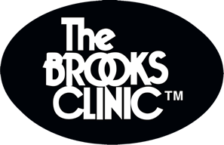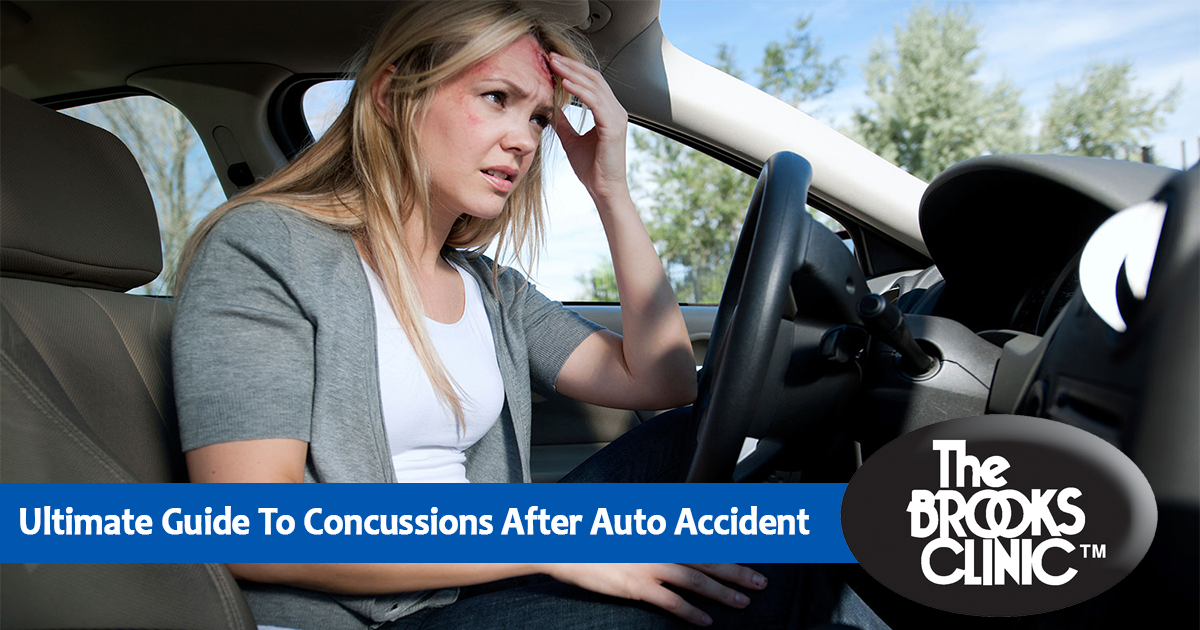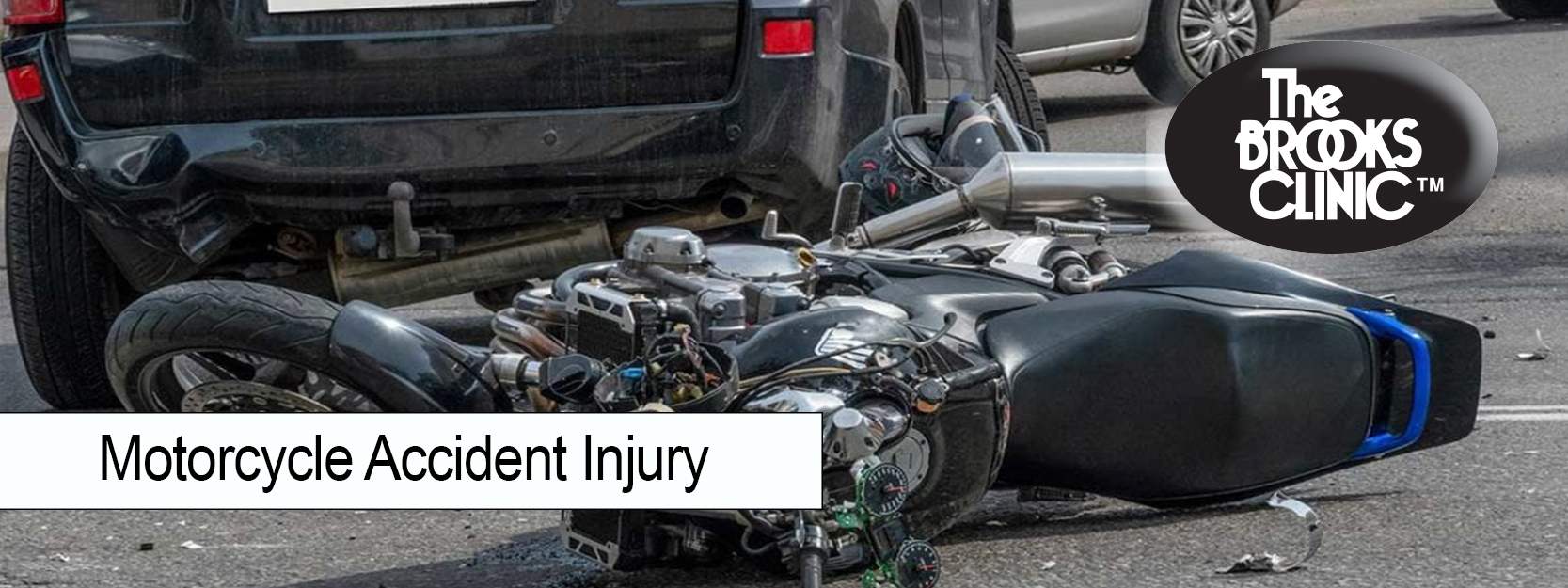Picture this: You’ve been in an auto accident, and you may have walked away feeling lucky that you escaped without any visible injuries. But do you know that an auto injury head injury can be sneaky? Sometimes, the signs and symptoms don’t show up immediately, making them easy to miss or dismiss as minor issues.
That’s why it’s vital to understand the potential impact of head injuries and be aware of the hidden signs that may surface later on. We’ll delve into different types of head injuries, such as concussions, contusions, and traumatic brain injuries (TBIs), and uncover the subtle signs and symptoms associated with each.
Headaches, dizziness, memory problems, mood swings, difficulty concentrating—these are just a few of the hidden signs of an auto accident head injury that could be indicators of severe damage. It’s essential to pay attention to these signs and seek appropriate medical attention to ensure a proper diagnosis and effective treatment.
Types Of Head Injuries
- Concussion: A concussion is a mild traumatic brain injury that occurs due to a jolt or blow to the head. It can result in temporary loss of consciousness, confusion, headache, dizziness, memory problems, and changes in mood or behavior.
- Contusion: A contusion is a bruise on the brain that develops when the head sustains a direct impact. Contusions can lead to symptoms such as headache, nausea, vomiting, confusion, and difficulty with coordination.
- Skull Fracture: A skull fracture refers to a break or crack in the bones of the skull. Depending on the severity, it can be classified as a linear fracture (a single crack) or a depressed fracture (a portion of the skull is sunken). Symptoms may include localized pain, swelling, bleeding, and potentially neurological deficits if the fracture affects the brain.
- Traumatic Brain Injury (TBI): A traumatic brain injury occurs when there is a significant impact or force to the head that disrupts normal brain function. TBIs can range from mild (concussion) to severe, leading to long-term cognitive, physical, or behavioral impairments. Symptoms may include loss of consciousness, confusion, memory problems, difficulty speaking, coordination issues, mood changes, and sensory disturbances.
- Hematoma: A hematoma refers to the collection of blood outside blood vessels, typically resulting from a head injury. Common types of hematomas include epidural hematoma (bleeding between the skull and the outer membrane of the brain), subdural hematoma (bleeding between the brain and its outermost covering), and intracerebral hematoma (bleeding within the brain tissue). Hematomas can cause symptoms such as severe headaches, drowsiness, confusion, and neurological deficits.
It’s important to note that head injuries can vary in severity and require prompt medical attention. If you or someone you know experiences any head injury symptoms after an auto accident, it is important to seek immediate medical evaluation and treatment to ensure the best possible outcome.
Conclusion
In conclusion, an auto accident head injury should not be taken lightly. They can have hidden signs that may surface later on, affecting our well-being and quality of life. Recognizing these signs and seeking appropriate medical attention is crucial for a timely diagnosis and effective treatment.
At The Brooks Clinic we strongly recommend that you get checked after an auto accident, even if the impact was not very severe. This way, it’s easier for the healthcare professionals to pick up on symptoms that may not be apparent to you. A good auto injury clinic will have access to diagnostic tools that may used in getting a good picture of your head internally to ensure that everything is looked at. The Brooks Clinic is a one-stop shop for all your auto injury treatment in Oklahoma and is well equipped with the tools to treat head injuries. We have 5 locations and growing and our facilities and fully stocked with the equipment needed to get the job done. Our doctors are board-certified and have years of experience treating auto injury related conditions.




